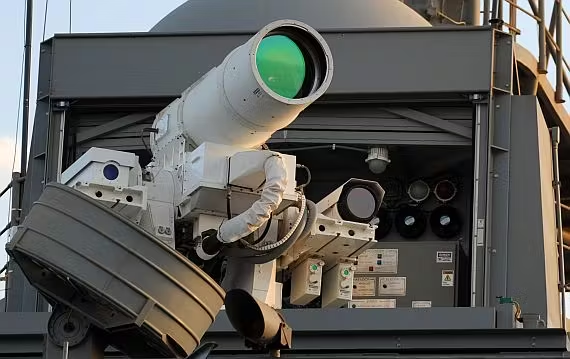Italy and Spain will be in charge of the European Directed Energy Systems (DES) project announced in the new wave (the sixth) of initiatives of the European Union’s permanent structured cooperation tool (Pesco). This is one of the eleven new projects of this tool launched by the Council of the European Union agreed on 27 May, of which Spain participates in two. One contemplates the future obtaining of unmanned in-flight fueling aircraft, which will be developed together with Germany, and the one in question, led by Italy, pursues the obtaining of a modular and scalable directed energy weapon, which can be mounted on any mobile platform.

This is a new program. In other words, it does not derive from a previous one, as is the case in some of the 83 Pesco projects launched so far since the initiative started in December 2017. For example, among the new projects is one on surgical equipment, called MTF R2F CD, coordinated by France, which is the continuation of a previous one, known as ROLE 2F, launched two years ago and led by Spain. Now, by the way, Spain is no longer even among the countries involved in the MTF R2F CD, which are Belgium and Finland, in addition to the aforementioned France.
The DES that concerns us here seeks to “strengthen surface air and missile defense” (SBAMD), focusing particularly “on short-range air defense (Shorad) and very short-range air defense (VShorad) capabilities.” This includes capabilities against unmanned aerial systems (C-UAS) and against rockets, artillery and mortars (C-RAM).
Against drones, mortars and rockets
More in detail, its purpose is specified in five points. The first addresses the development of a system that can effectively counter threats from UAS, RAM, loitering munitions and cruise missiles.
The second element contemplated refers to “the integration of scalable high-energy laser technology (10-100 kW of power) in mobile platforms to counter various aerial threats”.
